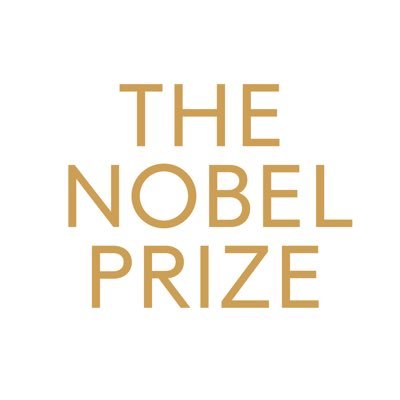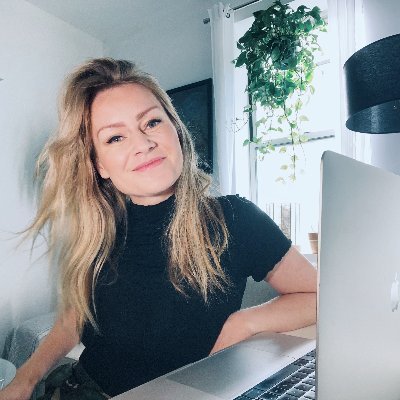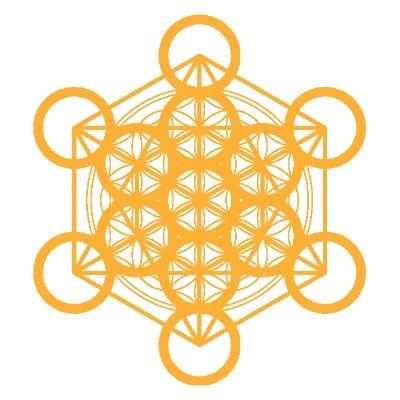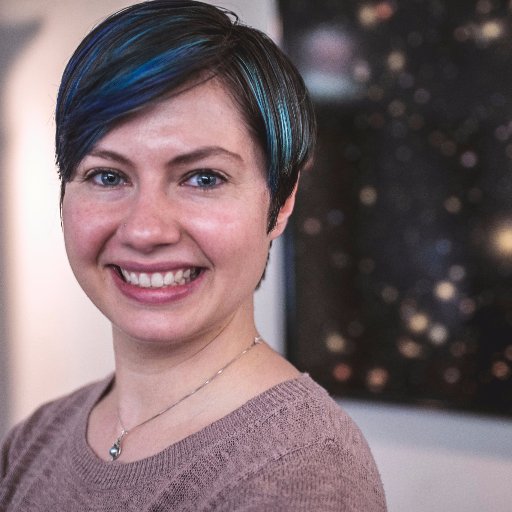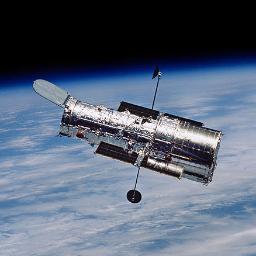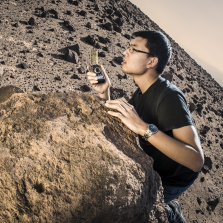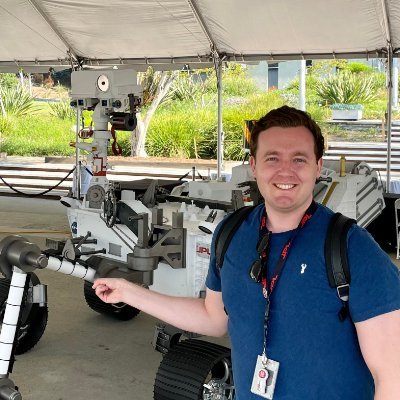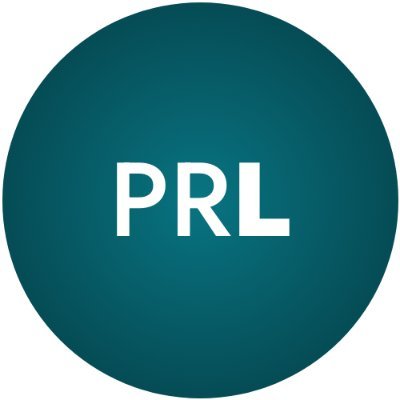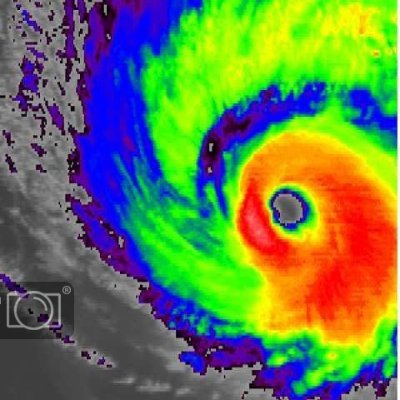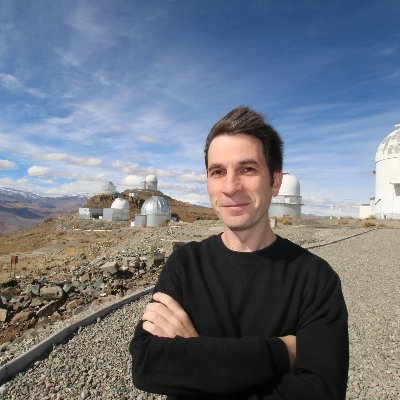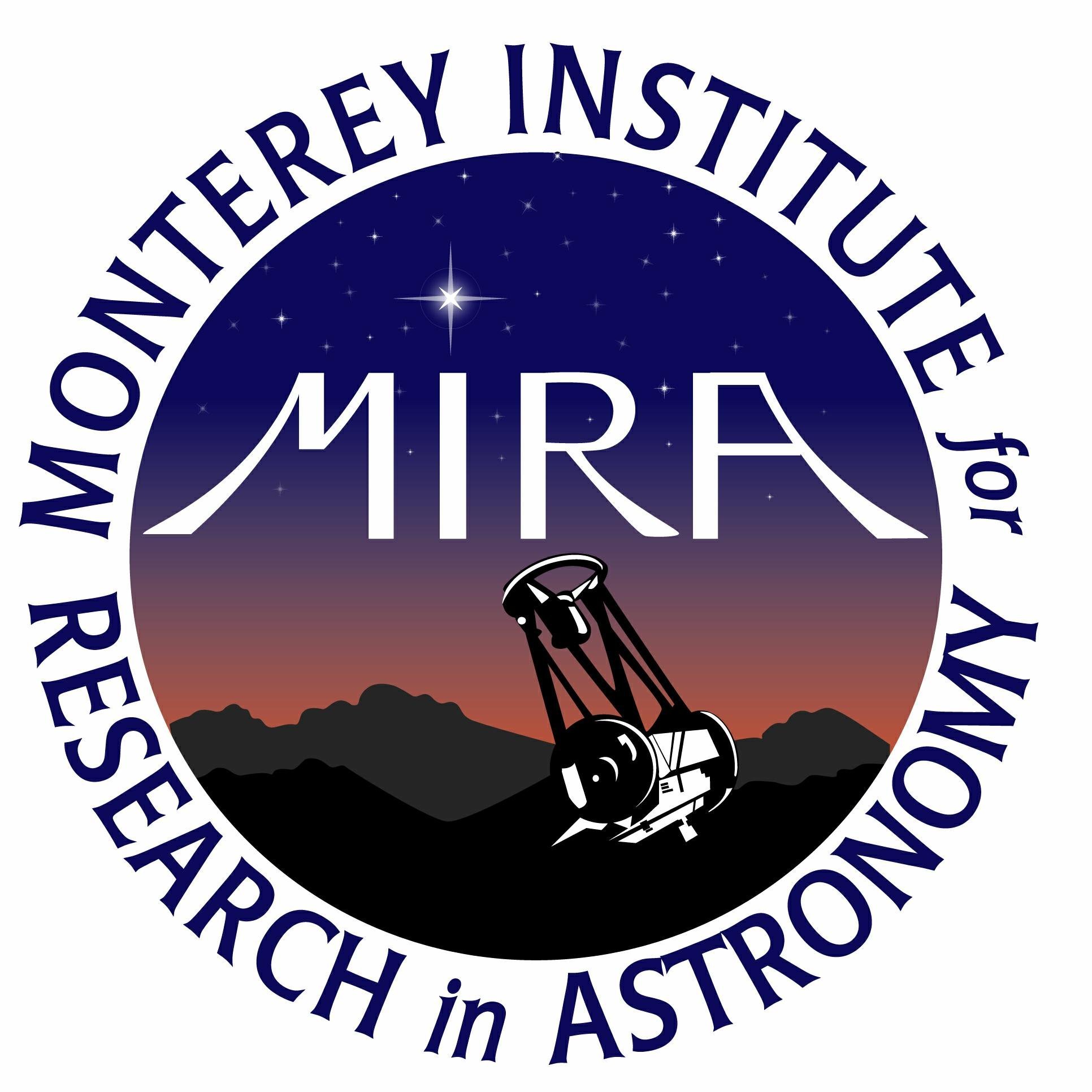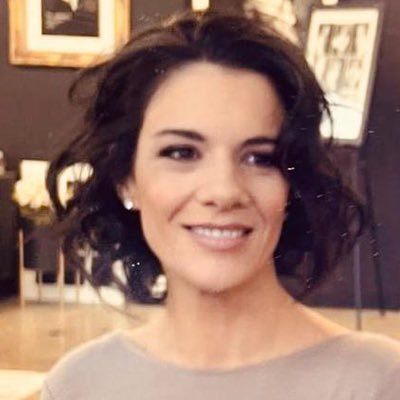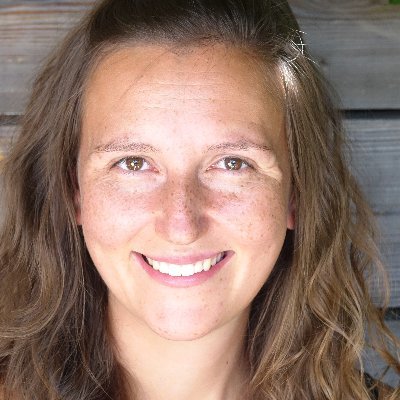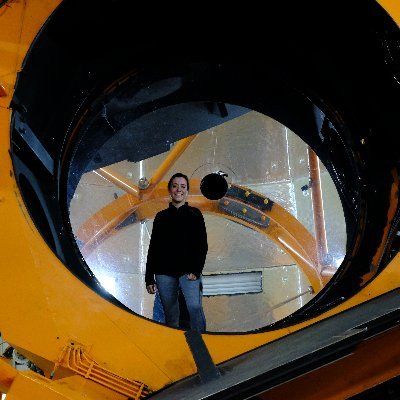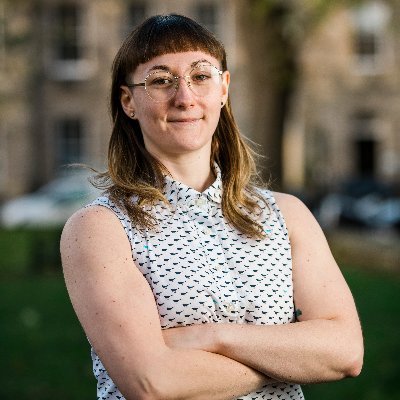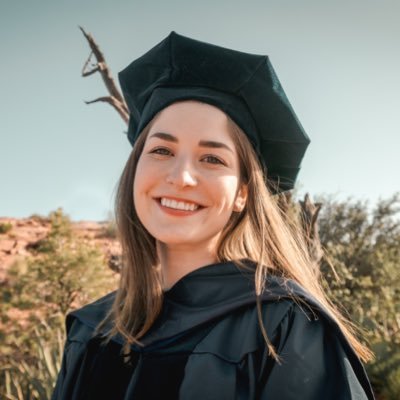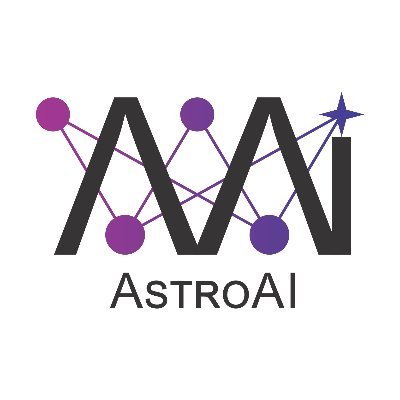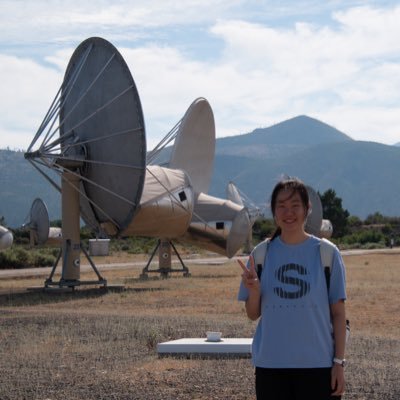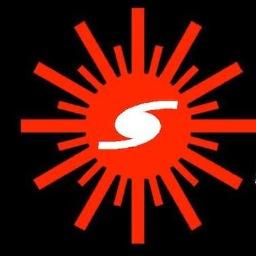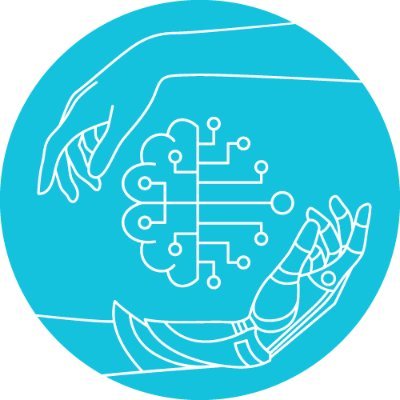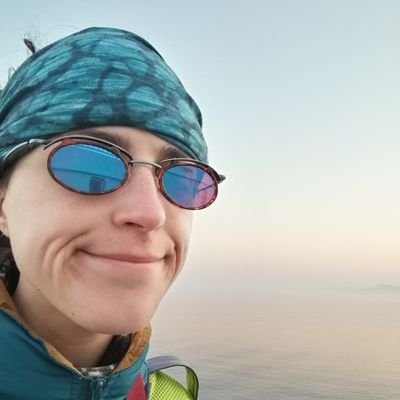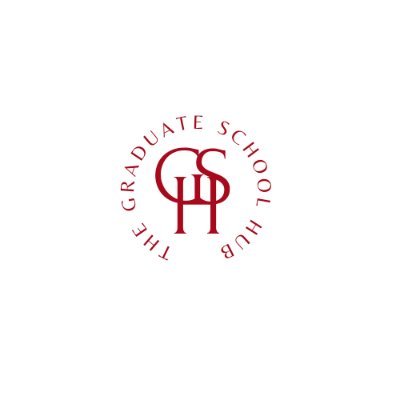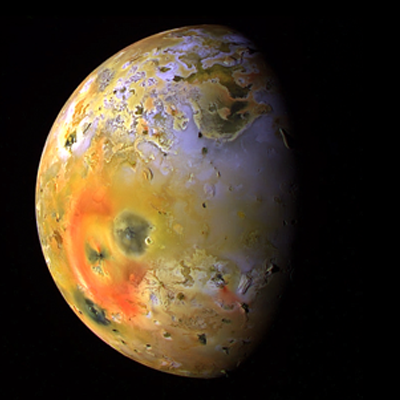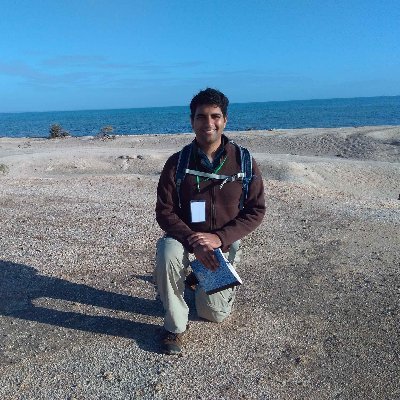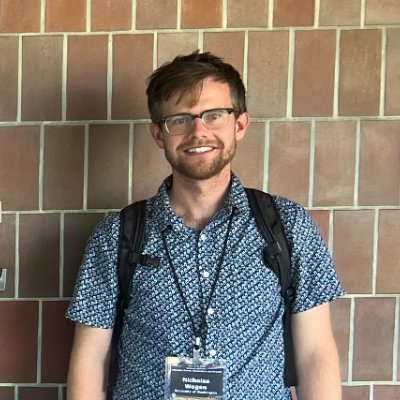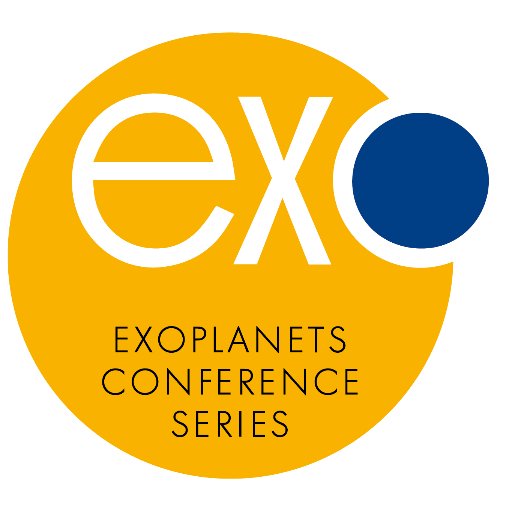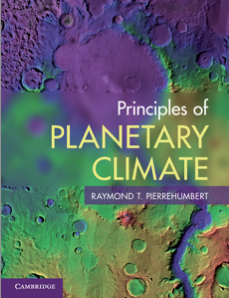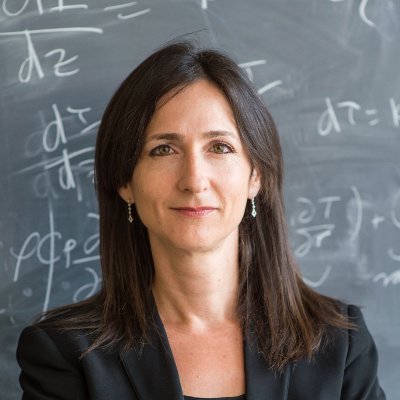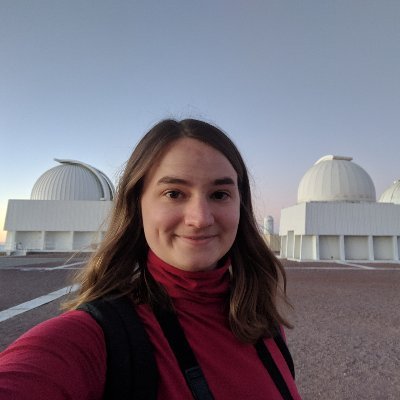
Gaurav Shukla
@gs_gauravshukla
Integrated Masters Student at NISER Working on Exoplanetary Atmospheres and Machine Learning
You might like
Glad to be part of this work featuring our new exoplanet atmosphere modeling framework, SANSAR. Check it out below 👇
Our paper on the study of HD 209458 b using our newly developed in-house framework for modelling exoplanet atmospheres, SANSAR, is now published in The Astronomical Journal.🎉 🔗 iopscience.iop.org/article/10.384… #exoplanet #astronomy
New release: Astrobench, our astronomy benchmarking dataset, now available alongside Astrosage-8B: huggingface.co/datasets/Astro… @joshnguyen99's phenomenal effort has made this possible.
After a year of hard work and many failures along the way, AstroMLab is proud to present AstroSage-LLaMA-3.1-8b. Specifically designed for astronomical Q&A, this 8B parameter model achieves GPT-4o's performance level in astronomy-related question-answering tasks (with ~1/1000…


My first PhD paper is on arxiv today! Rotating planets are slightly wider at their equator compared to the poles. Saturn in our Solar System (below, minus the rings), is about 10% oblate! Can we detect this shape difference in transits from JWST? (1/N) arxiv.org/abs/2410.03449

BREAKING NEWS The Royal Swedish Academy of Sciences has decided to award the 2024 #NobelPrize in Physics to John J. Hopfield and Geoffrey E. Hinton “for foundational discoveries and inventions that enable machine learning with artificial neural networks.”

Delighted to see this new paper out, led by Ben Cassese, describing squishyplanet — a jax-based Python package to model the signals of oblate planets! arxiv.org/abs/2409.00167 Check out the readthedocs page for more, including some awesome visualizations: squishyplanet.readthedocs.io/en/latest/
The Extragalactic Streams group @DARK_nbi is hiring postdocs & PhD students! Join us at U. Copenhagen to study galactic dynamics & dark matter. Apply by Nov 1, 2024. Links below: PhD call: employment.ku.dk/phd/?show=1624… Postdoc call: employment.ku.dk/faculty/?show=…

For those that hope (or worry) that LLMs will do breakthrough scientific research, I've got good (or bad) news: LLMs are particularly, exceedingly, marvellously ill-suited to this task. (if you're a researcher, you'll have noticed this already) Here's why🧵
Just Announced! The #KavliPrize2024 Laureates in #Astrophysics!

A student told me, "I don't get the difference between model fitting by: 1. minimum Mean Square Error (MSE) and 2. Maximum Likelihood Estimation (MLE)" To help this student, I built out this #Python @matplotlib dashboard for fitting a Gaussian parametric distribution to data…
Excited to announce petitRADTRANS Version 3 (pRT3). It comes with lots of quality-of-life improvements, automatic opacity downloading, more opacities, the new SpectralModel class for high-resolution spectra and data preparation, a Planet class, and so much more!

Is your brain ready for a LOT of interdisciplinary exoplanet knowledge! 🧐🤯 You know it is! 🧵In Jan 2021, Keith Putirka, Siyi Xu, and I joined forces to put together 15 chapters (and a workshop!**) written by experts in their field, where the core of each chapter was:

This one chart shows how India can become a science powerhouse As the world’s largest election kicks off this week, India has an opportunity to reimagine science funding go.nature.com/443zlbh
Meet the 2024 NASA Hubble Fellowship class! The 24 fellows will receive up to three years of support at a U.S. institution as they pursue independent research in any area of NASA astrophysics. Find out more: go.nasa.gov/43KFWHe
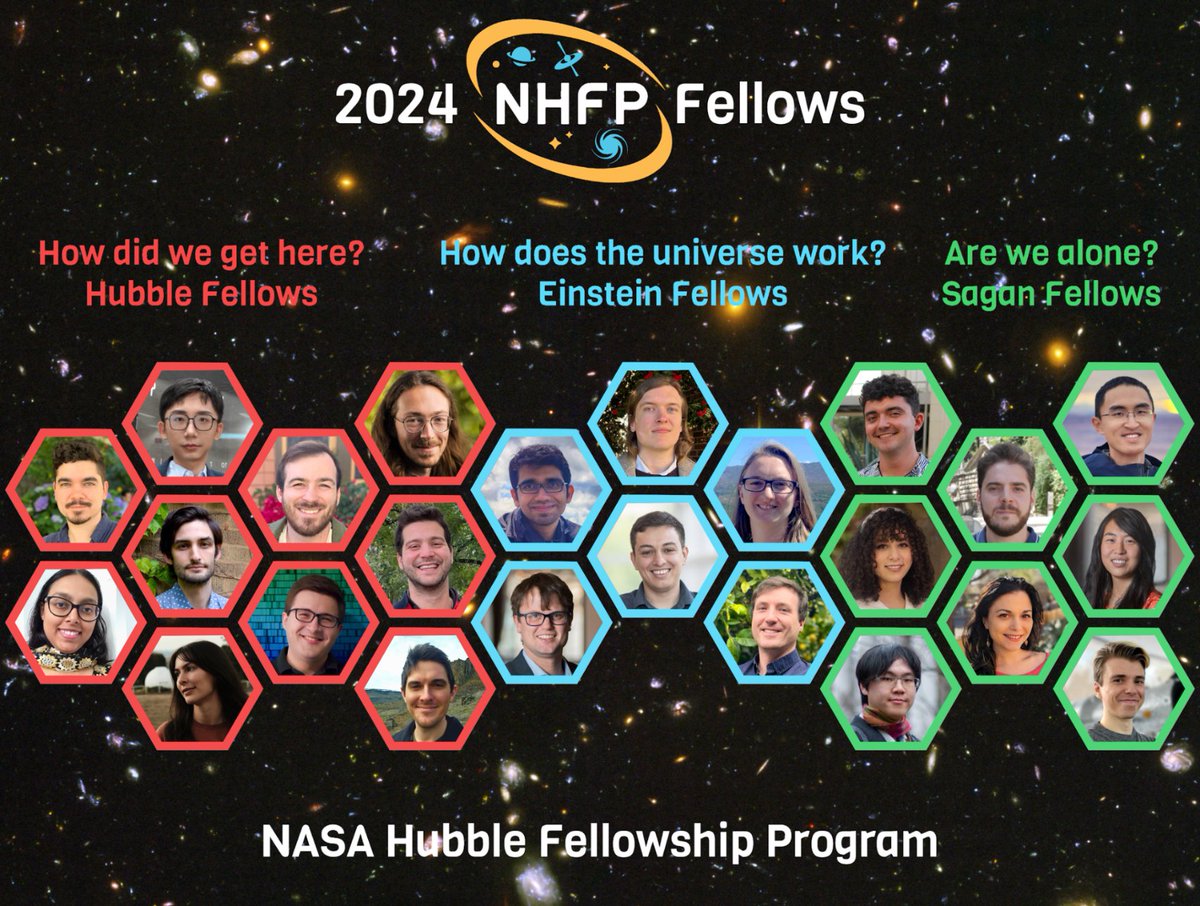
Applications for 2024 ASIAA Summer Student Program are now open! Come to #Taiwan for two months to work on the forefront of #astronomy and #astrophysics. My project on radial convection in protoplanetary disks: events.asiaa.sinica.edu.tw/ssp/2024/proje…
✨Gaia celebrates its 10 years in space with 10 science topics: cosmos.esa.int/web/gaia/10-ye…. Celebrate with us!

I present to you the best paper of the year arxiv.org/abs/2312.04635

The @PhysRevLett cover is a frame from this movie that shows huge storms form, translate around the planet and vigorously mix its atmosphere. This incredible amount of detail was revealed by high resolution simulations enabled by powerful supercomputers at @FlatironCCA.
Volume 131, Issue 23 journals.aps.org/prl/issues/131… Cover: Vorticity field of a spin-orbit synchronized exoplanet atmosphere with deep heating. Orange and blue colors correspond to positive and negative values of vorticity, respectively journals.aps.org/prl/issues/131…

NASA Science Explorer (SciX) will open the door to over 20 million library records and free access to almost 5 million scientific papers in #Astrophysics, #EarthScience, #PlanetaryScience, #Heliophysics, #BiologicalScience, and #PhysicalScience! Join the @SciXCommunity.

United States Trends
- 1. Megyn Kelly 19.4K posts
- 2. CarPlay 3,552 posts
- 3. Senator Fetterman 11.6K posts
- 4. Osimhen 80.3K posts
- 5. Cynthia 103K posts
- 6. Vine 19.1K posts
- 7. Padres 28.7K posts
- 8. Black Mirror 4,436 posts
- 9. Katie Couric 7,672 posts
- 10. #WorldKindnessDay 15.4K posts
- 11. Woody Johnson 1,111 posts
- 12. Gabon 113K posts
- 13. Sheel N/A
- 14. Massie 101K posts
- 15. V-fib N/A
- 16. #LoveDesignEP7 216K posts
- 17. #NGAGAB 15.4K posts
- 18. Bonhoeffer 4,118 posts
- 19. RIN AOKBAB BEGIN AGAIN 215K posts
- 20. ariana 87.8K posts
Something went wrong.
Something went wrong.













